SUMMARY
This is AI generated summarization, which may have errors. For context, always refer to the full article.
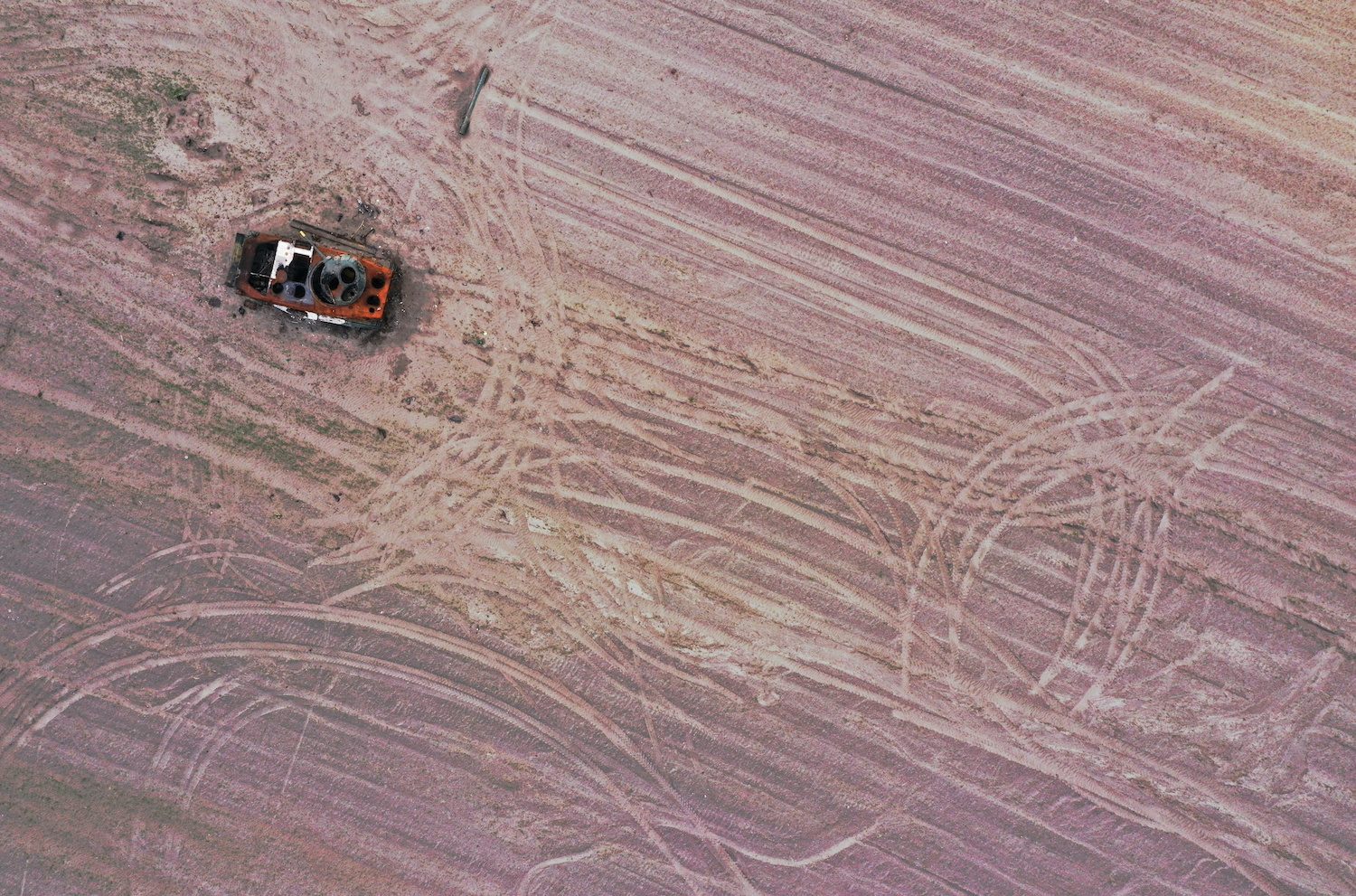
DAVOS, Switzerland – Norwegian fertilizer giant Yara says donors urgently need to close the United Nations’ $10-billion food program funding gap to avoid a catastrophe as sanctions on Russian fertilizers and Ukraine’s grain export problems have created an extreme global shock.
“The world has realized that food can be a weapon and it is being currently used,” Svein Tore Holsether, chief executive officer of Yara International, one of the world’s largest suppliers of plant nutrients, told Reuters on the sidelines of the World Economic Forum in Davos.
He said the direct impact of Russian sanctions has removed at least 15% of global fertilizer supply and the indirect impact was even more severe due to disruptions of supply chains and the impact of gas price rises.
“We need to work on an emergency response for the most vulnerable. For that we urgently need to unlock funds of the World Food Programme (WFP), which has a $10-billion funding gap,” he said.
David Beasley, the executive director of the UN’s WFP, said this month even before the war in Ukraine some 276 million people were hungry globally.
WFP is believed to face a $10-billion fund shortage as food prices, fuel, and shipping costs are skyrocketing while donors such as oil-rich Gulf countries are not contributing agreed funds.
Some 25 million tons of corn and grains are stuck in Black Sea ports because of the war in Ukraine and Russian grains and fertilizers exports are also disrupted by sanctions.
“Currently, we have an extreme combination of events when food supplies are going down, fertilizer supplies are going down, gas supplies are going down, and prices for gas and fertilizers are rising,” said Holsether.
Global fertilizer production depends heavily on natural gas and the EU receives 40% of its gas from Russia.
In March, Yara curtailed its ammonia and urea output due to the surge in gas prices but has fully restored production since.
“We need to build a system that is less reliant on Russia and is more green including by using renewable energy for fertilizer production,” said Holsether.
The UN classifies over half a million people in Ethiopia, southern Madagascar, South Sudan, and Yemen in the most severe phase of acute food insecurity.
Africa generally features among the most severely hit regions. Yara has donated 18,000 tons of fertilizers to Ghana and agreed another 40,000 tons of delivery, expecting that with the donated part the average price will come down. – Rappler.com
Add a comment
How does this make you feel?





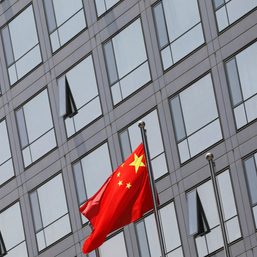
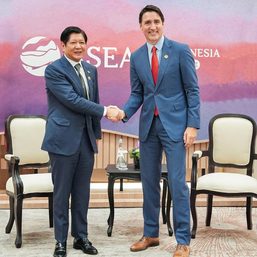
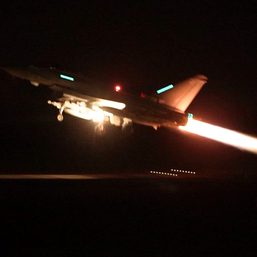
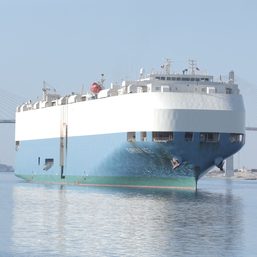
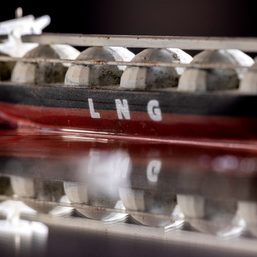
There are no comments yet. Add your comment to start the conversation.